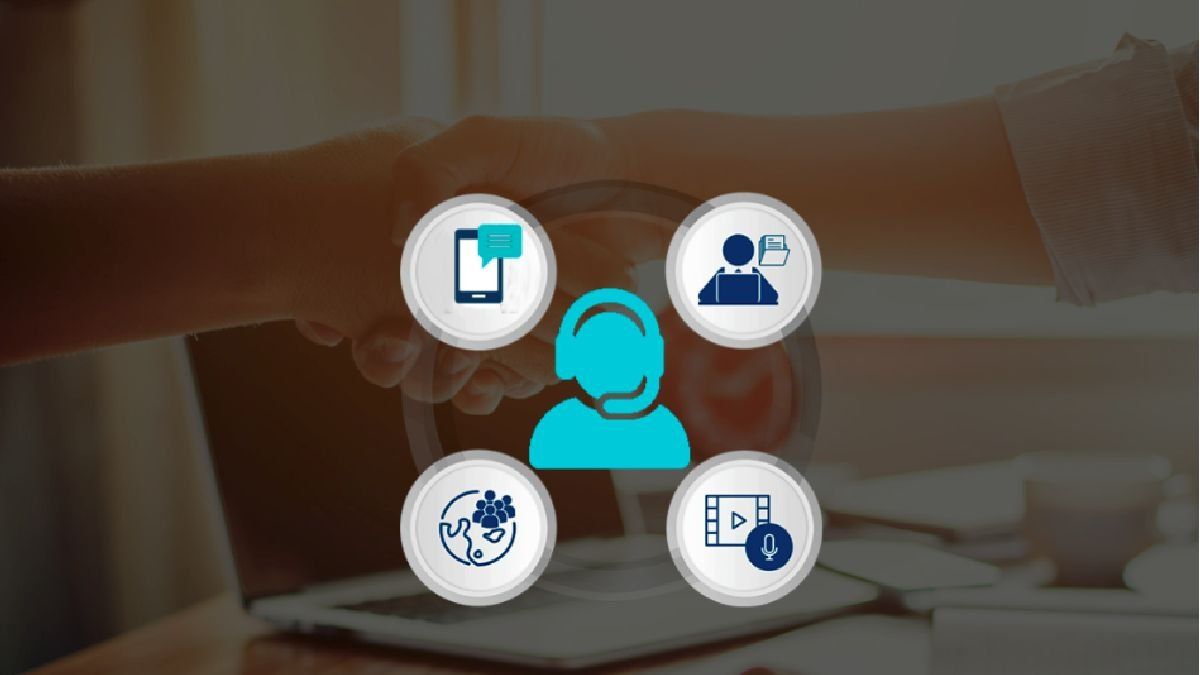On the other hand, there are affinity biases where people often tend to think that a certain position is going to be better for that person because they studied at that university or place because we or someone we know also studied at that university.
When one recognizes and identifies the biases that they have in relation to any vulnerable group, they understand the problem from other places, work on these biases and can disarm them to interview someone from the capacities, skills and strengths to perform and occupy a role and not about the difficulties that his disability brings him when he encounters social barriers.
Making specific cases of reasonable adjustments visible is the way to bring it down to earth and show that it is possible for SMEs.
Today I share with you the case of Ikigai, a triple-impact boutique marketing and BPO agency that provides contact center, e-commerce and digital marketing services. It is an SME and its purpose is the socio-labour inclusion of people with disabilities.
The adjustments to the position, the physical environment, the activities and the attitude allow in Ikigai to improve or cancel the barriers of the environment, facilitating the access and participation of the person, mitigating their disability. Ikigai coexists in the diversity and uniqueness of people with different types of disabilities, therefore it makes different adjustments depending on the case.
For example, a person from the contact center team has a decrease in his vision, this condition generates a sensory disability when relating to the environment. The adjustment made by the SME was an enlarged screen of the computer, its work tool, so that it could carry out its tasks.
Ikigai SME 2.jpg
In the case of people with motor disabilities, which are more than one, Ikigai has an adapted bathroom, which is perhaps the setting that comes to mind for all people when we think of conditioning the space for a person who moves in a chair wheel.
It is worth clarifying that the worst access barrier for people with reduced mobility or wheelchair users is the city.
To break down the physical barrier of our inaccessible cities, Ikigai opts for the virtual work mode setting.
Another adaptation is the work chairs without wheels that improve stability when sitting down and getting up, effective in some physical conditions of people with motor disabilities.
Adaptation of work hours for people who study, for medical care and to achieve a balance in personal life, are common practices in Ikigai, and all are validated over time and user experience.
These adaptations are real, the ones necessary to adapt a specific position to a person with their uniqueness, not all of them are expensive and can be implemented in an SME.
It is important to mention that the greatest barrier to people with disabilities is attitudinal, and in this sense Ikigai works within the organization, with clients and suppliers to improve links and make inclusion sustainable over time.
Its co-founders Marta Roson, Paula Muler and Nadia Domenichetti They know that the possibility of generating work for more people with disabilities is amplified when more companies add Ikigai to their value chain as a supplier and when other SMEs replicate inclusion policies in their companies.
Director of an SME and adviser to SMEs in promoting diversity, labor inclusion and well-being. Instagram: @anahi_tagliani LinkedIn: Anahi Tagliani
Source: Ambito




